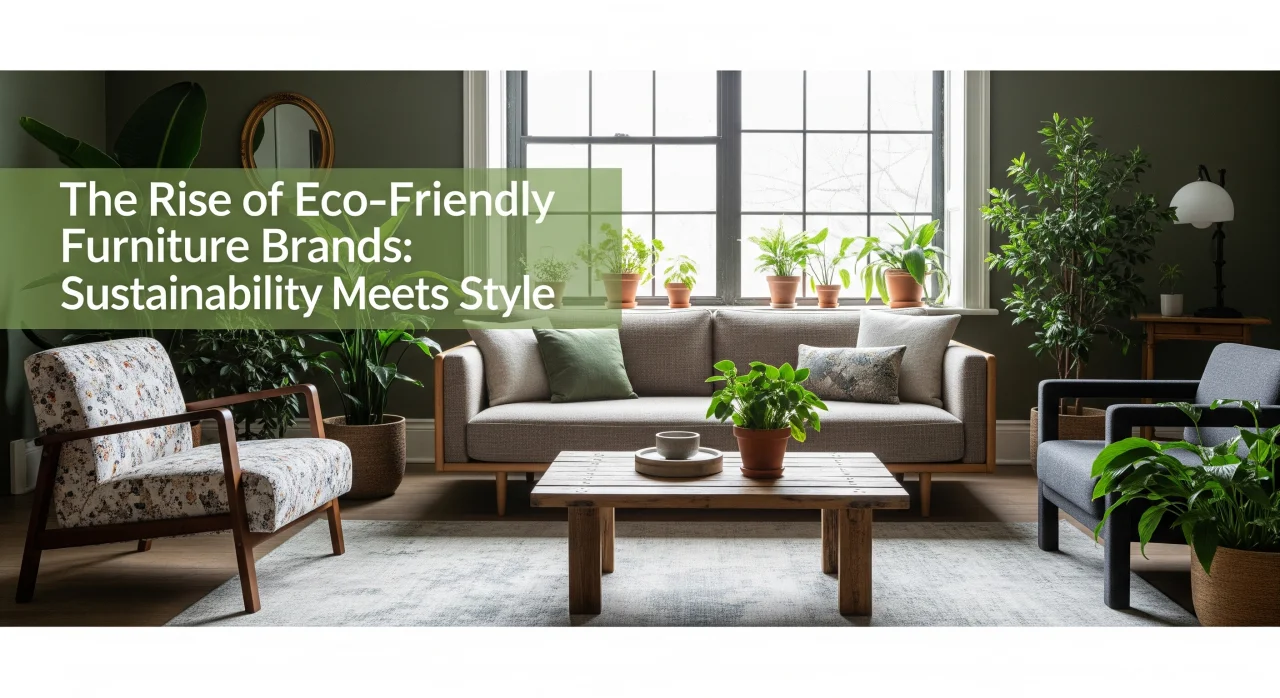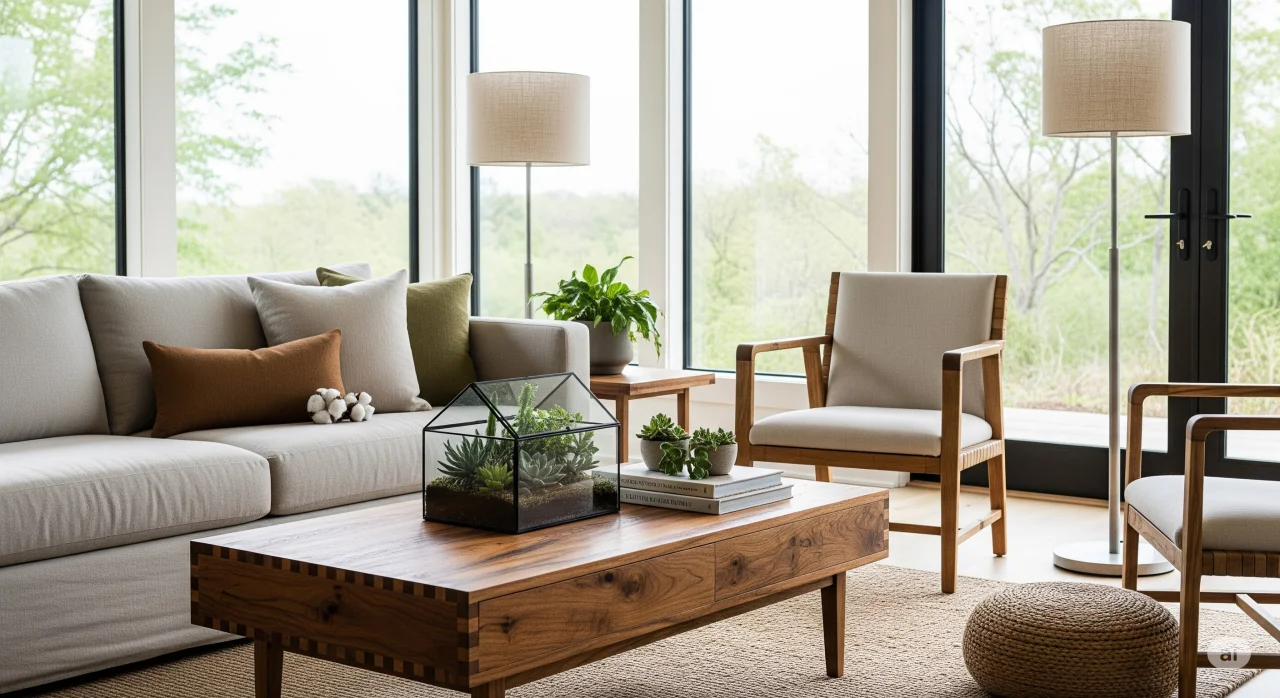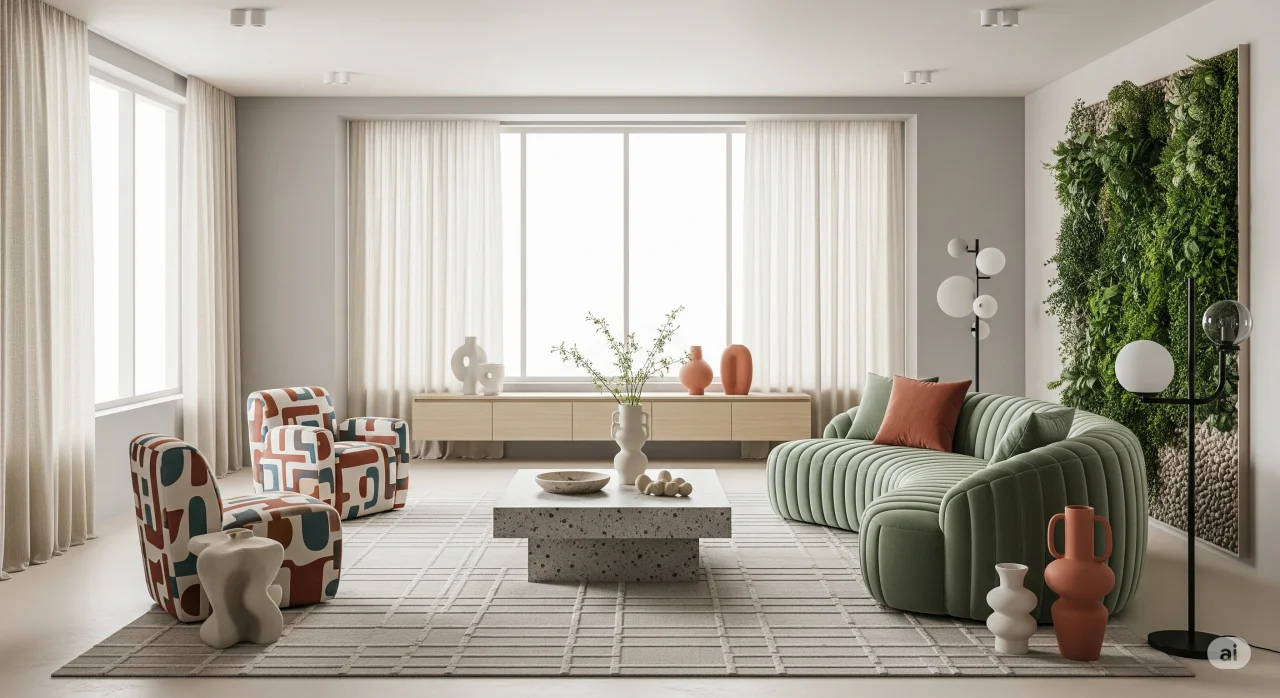In recent years, eco-friendly furniture brands have shifted from niche market players to industry leaders. As consumers become more conscious of their environmental impact, demand for sustainable and ethically made furniture is growing at a rapid pace. These brands are not just offering furniture; they are delivering a new vision for modern living—where style and sustainability coexist.
Why Sustainability Matters in Furniture
Traditional furniture manufacturing often relies on non-renewable resources, toxic finishes, and waste-heavy production processes. Eco-friendly furniture brands take a different approach, focusing on:
- Sustainable Materials – Bamboo, reclaimed wood, recycled metals, and organic fabrics.
- Low-Impact Production – Reducing carbon emissions and water usage.
- Non-Toxic Finishes – Avoiding harmful chemicals that pollute indoor air.
This shift isn’t just about protecting the planet—it’s also about creating healthier homes.
Innovative Eco-Friendly Furniture Brands to Watch
- Medley – Known for handcrafted, non-toxic sofas and chairs made from FSC-certified wood.
- Avocado Green – Famous for organic mattresses, now expanding into sustainable bed frames.
- Emeco – Creators of chairs made from 111 recycled Coca-Cola bottles.
- VivaTerra – Offering artisan-crafted pieces using reclaimed materials.
- West Elm’s Green Collection – A mainstream retailer embracing FSC-certified and Fair Trade practices.
How These Brands Are Changing the Market
Eco-friendly furniture brands are proving that sustainability can be profitable without compromising on design. Consumers are increasingly willing to invest in pieces that last longer, look stylish, and have a smaller environmental footprint. This trend also influences larger furniture companies to adopt greener practices.
Tips for Choosing Sustainable Furniture
- Look for FSC-certified wood and organic fabrics.
- Ask about the brand’s supply chain transparency.
- Choose timeless designs to avoid short-lived trends.
- Support local craftsmanship to reduce transportation impact.
The Future of Furniture Is Green
As eco-friendly furniture brands continue to innovate, the industry is headed toward a more sustainable future. These companies are not only reducing waste and protecting resources but also inspiring consumers to make mindful choices for their homes.








